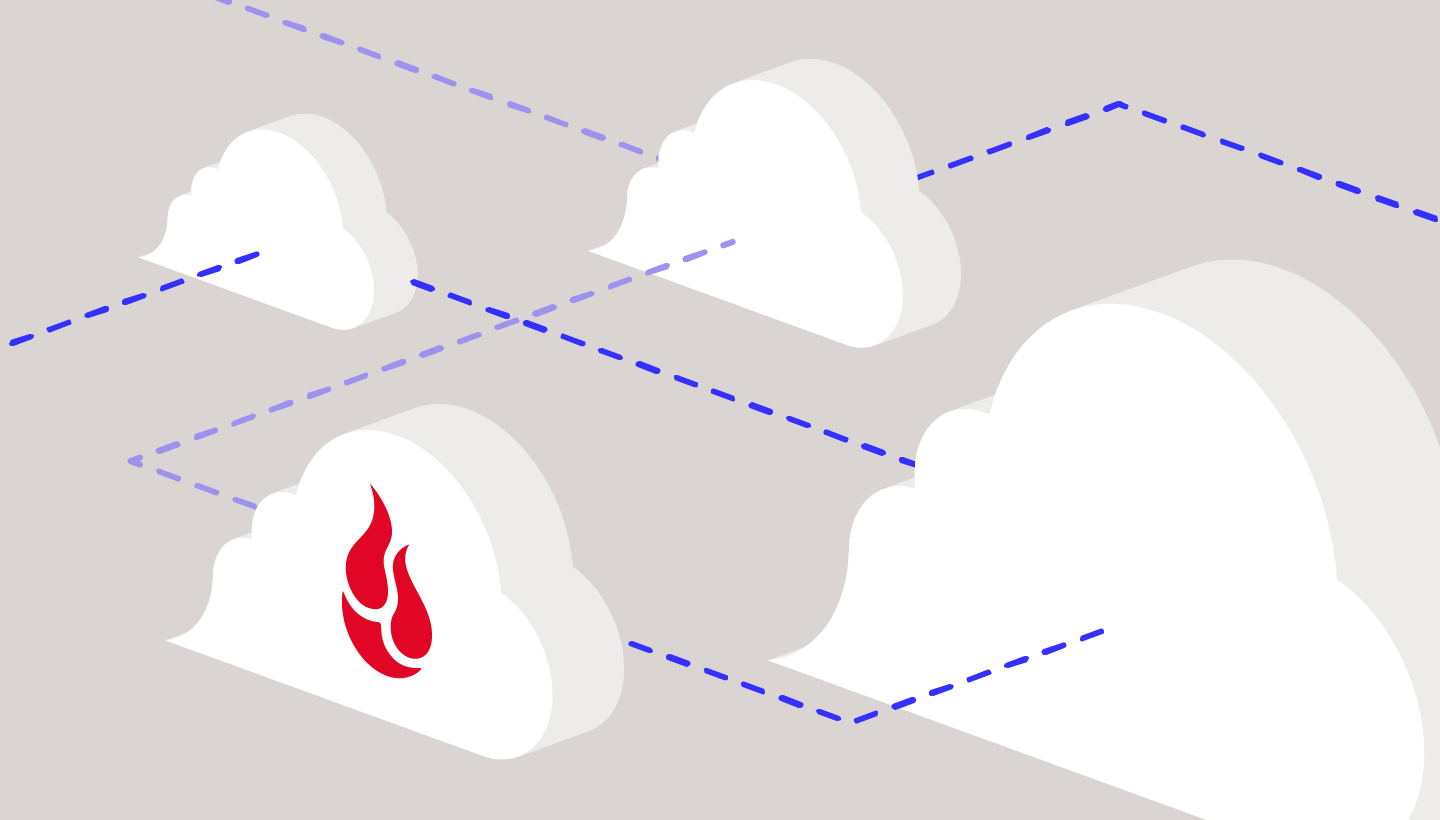
Broadband connections in the United States are 10 times slower than those in South Korea. In fact, we are #15 based on average connection speed, behind not only Japan, Finland, France, and Sweden (which are all at least three times faster) but also countries including Iceland, Poland, and Portugal that are blessed with significantly faster connections.
Cloud computing, VoIP, eCommerce, Internet TV, telemedicine, telecommuting, distance learning and a myriad of other drivers of communication, business, and social benefit rely on fast, accessible, reliable broadband connectivity.
Published on Friday, The American Recovery and Reinvestment Act of 2009 provides grants to service providers to build out broadband infrastructure in unserved and underserved areas. Grant requirements include mandated speeds of:
- Advanced Broadband Services: 45 MB/s downstream, 15 MB/s upstream
- Basic Broadband Services: 5 MB/s downstream, 1 MB/s upstream
Under this definition of basic broadband service a user could download 1.5TB and upload 300GB of data in one month—enough to watch a movie a night, download hundreds of photos or songs a day, backup an average computer online, and still have room to work remotely and do some video-conferencing.
Part of this bill requires “a plan for use of broadband infrastructure and services in advancing consumer welfare, civic participation, public safety and homeland security, community development, health care delivery, energy independence and efficiency, education, worker training, private sector investment, entrepreneurial activity, job creation and economic growth, and other national purposes.”
History shows that connectivity not only links us in ways that are obvious at the outset, but drives innovation that is beneficial and unforeseen.
So will we have fast nationwide broadband tomorrow? Of course not. Within a year of the passage of this bill, a national broadband plan is required to be created. Best case is another year or two before individuals and businesses see available connections. This plan will not put the U.S. on par with South Korea, but it is a good step forward, and within several years we may start seeing the benefits of the broader availability of faster broadband.




